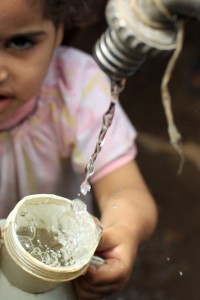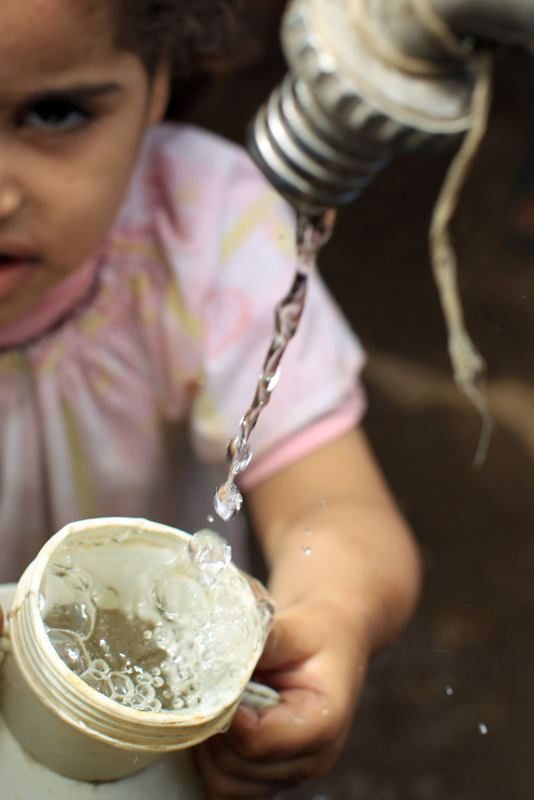
(AFP Photo)
New amendments to the law protecting the Nile River and waterways offer little, if not zero, improvement in the field of combating water pollution, a report prepared by the Egyptian Initiative for Personal Rights (EIPR) concluded on Sunday.
The law in question governs the rules protecting the Nile River and other bodies of water. New amendments to the law were issued in January.
The amendments failed to bring about any tangible procedures which could decrease pollution, the EIPR report read. It stated that while the regulations prohibited sewage drainage into fresh waters, it allowed drainage into non-fresh water.
EIPR also criticised allowing the direct drainage of industrial waste into non-fresh planes such as agricultural banks.
The report warned of the dangers of lifting the percentage of liquid wastes allowed to be drained into waterways, a matter secured by new amendments to the law. It stated that this comes as a threat since the river Nile already suffers from a large percentage of pollutants.
The report stated that the quantity of fresh water and the water’s quality is in decline across Egypt. It added that sewage loaded with harmful organic and chemical materials as well as minerals and heavy metals and agricultural drainage loaded with insecticides are all sources of water pollution.
The report recommended adopting more efficient solutions to the pollution problem such as devising low-cost systems to treat domestic drainage on a local level then re-use it for irrigation.
EIPR concluded in its report that the new amendments were a wasted opportunity to issue tangible progress in the issue of water corruption.
“Countries which use their lack of resources as an excuse for not investing in improving the sewage system must note that each dollar spent on investing in waters and sewage saves eight dollars, which could be wasted on treatment from diseases caused by polluted waters.”


